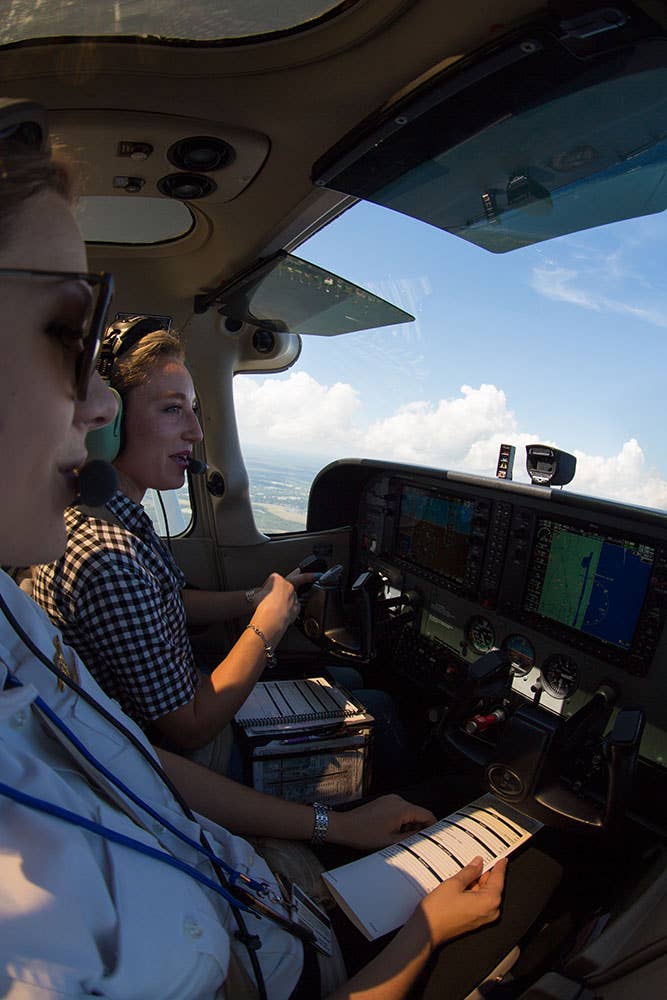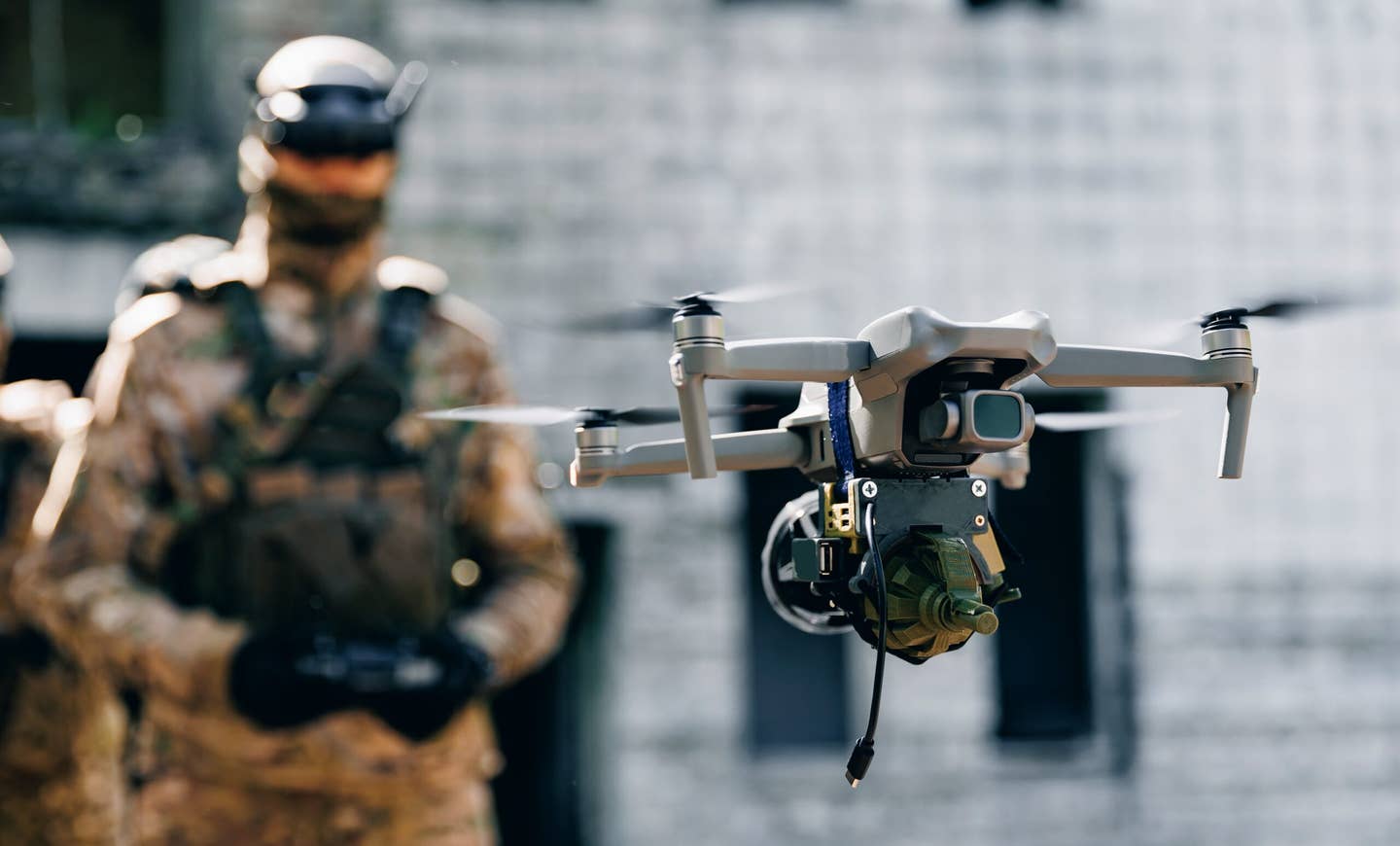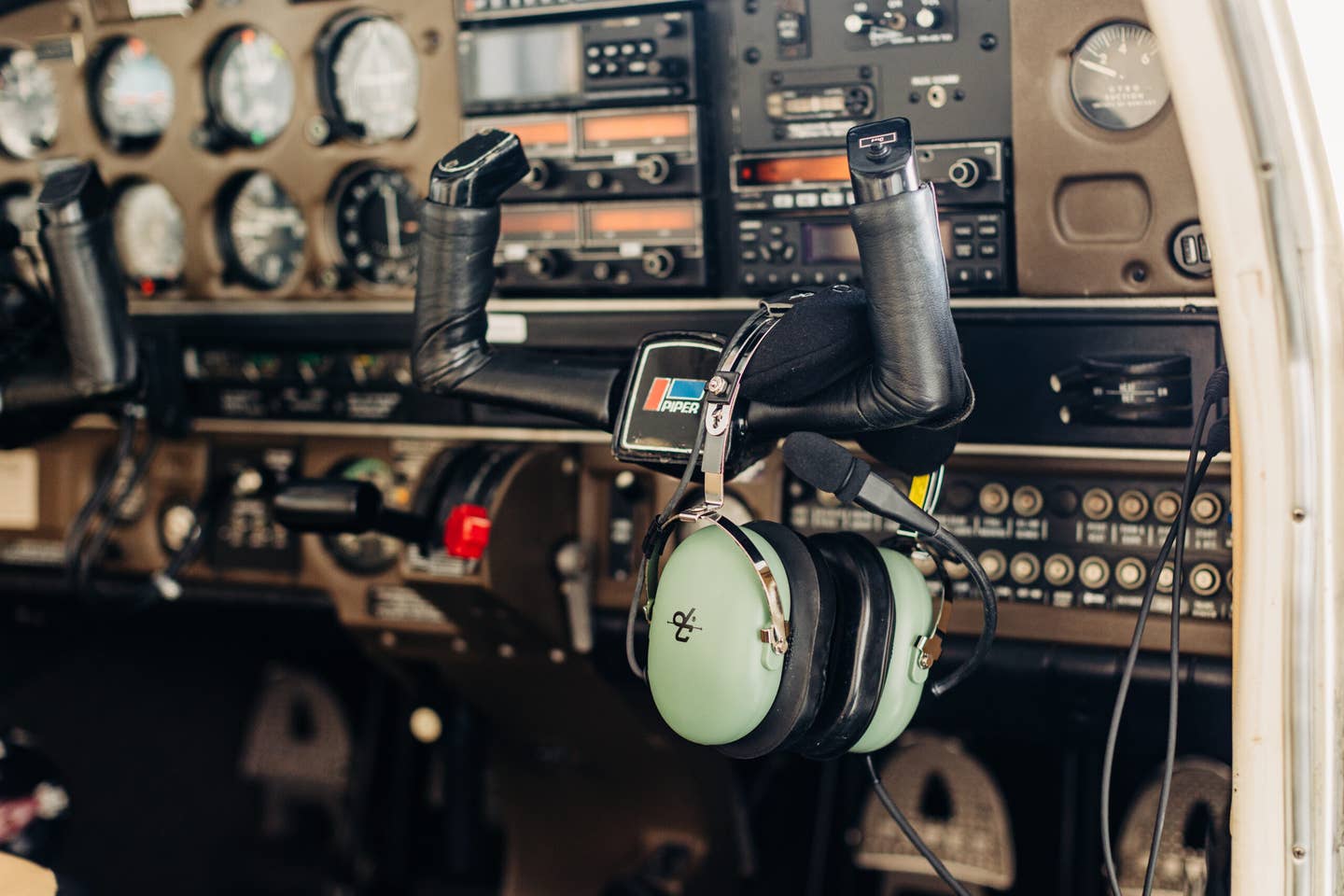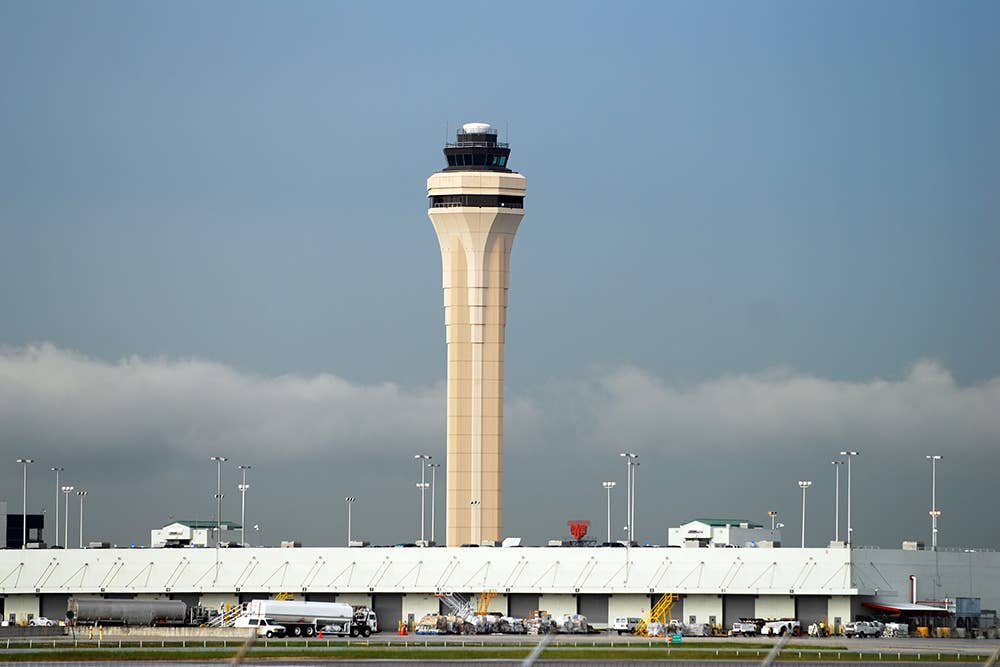
The aviation industry is not only facing a shortage of flight instructors, but also of designated pilot examiners. David Massey – Embry-Riddle Aeronautical University
The pilot shortage sweeping through the regional airline industry has also been partially responsible for a shortage of available flight instructors. Buried inside the data on that shortage is the realization that we’re also short of designated pilot examiners, mostly the local CFIs given the nod by the FAA to deliver checkrides on behalf of the agency. Like the rest of the pilot population, DPE’s are aging. Not long ago, the DPE ranks hovered at about 1,500. Today that number is hovering closer to 850 to cover the 78,000 checkrides given each year. That works out to about 95 checkrides per year each, but of course that’s only an average. Not all DPEs are handling 95 checkrides per year.
In the worst of cases, some pilot applicants have had to schedule checkrides 4 to 6 months in advance according to the Flight School Association of North America. The shortages seem to have hit harder in places like California and Florida. While FSANA says it has been working closely with the FAA to solve the problem, it also says the problem is getting worse, not better.
One industry source who preferred not to be named told Flying, “This is a serious problem that needs to get fixed right now.” Some people believe the supply and demand issues are the fault of disagreements within the FAA, essentially between agency HQ in Washington and the agency’s training facility for DPEs in Oklahoma City. Another DPE who also did not want to speak on the record disagreed claiming that some flight schools and students have exacerbated the problem by waiting until the last minute to schedule rides. Some schools have also lost their in-house DPEs for failing to maintain the agency’s minimum passing rate for checkrides. “That’s not the FAA’s fault,” this DPE added. Another countered with, “the training pipeline is clogged and it’s not the industry’s fault.”
Flight instructors I spoke to have confirmed the difficulty of setting up checkrides for pilots in all categories of training. Some told Flying they simply send their students to places where a DPE has schedule openings, often many hours away from the airport where students trained. Yet too, pilots might wait as little as a week for a checkride in some Midwestern cities. DPEs report being asked by large flight schools to travel outside their local area to administer large numbers of checkrides to help open the bottleneck. Some of those examiners said they’re not allowed by their home FSDO to travel outside the area for checkrides, while others claim such travel is actually quite easy to obtain if they need it. This seems to indicate differences in the way some FSDOs interpret the flexibility for DPEs in their area.
In the FSANA story, that organization’s CEO Bob Rockmaker spoke with the FAA’s Jim Viola, the agency’s deputy director for safety assurance. FSANA says Viola spoke to the need to work toward a 10 business day scheduling window for checkride scheduling, a far cry from the four to six weeks being reported in some locations. FSANA believes the agency hasn’t done a good job of backfilling open DPE positions as older examiners have left the business, although they do admit the agency has been under significant pressure from the recent upswing in training activity to fill the need for pilots that has also left flight training organizations short of instructors and the FAA short of examiners. FSANA also believes the FAA needs to act swiftly to fix this problem.
The fact that none of the DPEs I spoke to were willing to go on the record indicates the anxiety over possible reprisal felt by many in the flight training industry. Many would like to hold the FAA accountable for its share of the problem, but are also smart enough to realize that pointing the finger at the agency or any one aviation safety inspector will likely come back to haunt them in one fashion or another.
To ensure the folks in Washington understand the extent of the checkride issue, FSANA helped set up a direct e-mail link to the FAA so disgruntled industry customers can speak to the people at the top, avoiding any awkward conversations with their local FSDO manager. Users can contact Washington here (9-AMC-Designee-Questions-Comments-Concerns@faa.gov).

Sign-up for newsletters & special offers!
Get the latest FLYING stories & special offers delivered directly to your inbox






